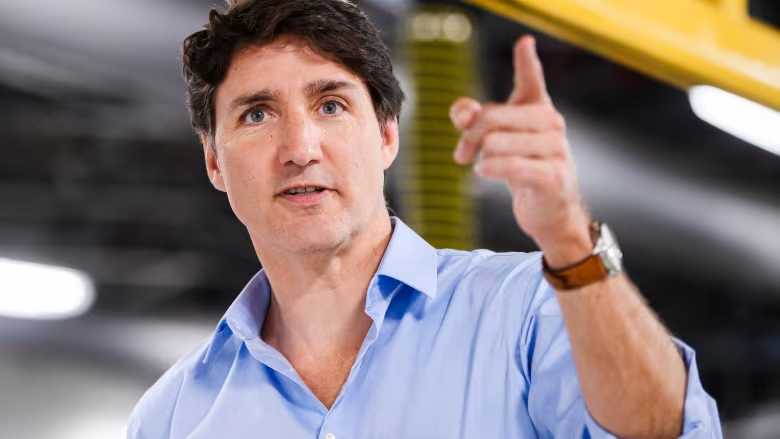Trudeau Announces Cutbacks on Temporary Foreign Worker Program Amid Unemployment Concerns
In a significant policy shift, Prime Minister Justin Trudeau announced Monday that the Canadian federal government will be reducing the number of temporary foreign workers (TFWs) allowed in the country. This decision follows a notable increase in TFWs, which some experts argue has exacerbated unemployment among immigrants and young Canadians.
The move comes in response to the loosening of restrictions during the post-COVID labor shortage, which saw a marked rise in the number of low-wage temporary workers. Trudeau stated that employers in regions with an unemployment rate of six percent or higher will no longer be permitted to hire low-wage TFWs. Exceptions will be made for sectors critical to food security, such as agriculture, food and fish processing, as well as industries like construction and health care, which continue to face acute staffing shortages.
In another significant change, the government will now limit employers to hiring no more than 10 percent of their workforce through the TFW program. Additionally, the duration of contracts for low-wage TFWs will be reduced from two years to one.
During a press briefing, Trudeau addressed concerns about broader changes to the immigration system, particularly as the Bank of Canada reports an unemployment rate of 11.6 percent among newcomers—nearly double the national average. Trudeau confirmed that the government would be reviewing overall immigration levels this fall, suggesting that a reduction in the number of permanent residents could be discussed at the upcoming cabinet retreat.
Canada’s current immigration plan aims to admit approximately 485,000 permanent residents in 2024, with the number rising to 500,000 in both 2025 and 2026. Trudeau emphasized the importance of managing immigration “responsibly” to ensure successful integration and long-term opportunities for new Canadians.
“We’re making sure that the entire package makes as much sense as possible for the needs of Canadians and for the needs of our economy,” Trudeau stated, signaling that further adjustments to immigration and employment policies could be on the horizon as the government seeks to address the evolving economic landscape.

